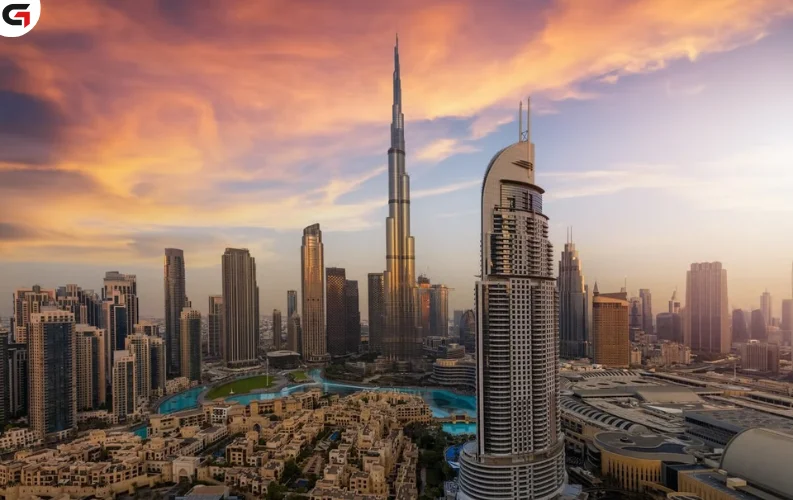Dubai: Dubai’s real estate market has reached an unprecedented milestone, with more than 51,000 homes sold in the second quarter of 2025, marking the highest number of residential transactions ever recorded in a single quarter. The new benchmark is setting the tone for what could be the city’s strongest property sales year to date.
According to data from Knight Frank, Dubai witnessed over 94,000 residential property sales in the first half of the year, generating a total value of Dh268 billion. This represents a 41 percent increase compared to the same period in 2024. If this momentum continues, 2025 is on track to surpass the Dh367 billion mark achieved in full-year 2024.
The market surge is being led not just by investors, but increasingly by end-users. The government’s recently launched “First Home” initiative, aimed at supporting first-time buyers, particularly young professionals and new residents, is expected to fuel additional demand in the coming months.
Luxury real estate continues to play a crucial role in Dubai’s property boom. In Q2-2025 alone, sales of homes priced above $10 million reached Dh9.5 billion. This includes 143 high-end transactions, with 80 of them being luxury apartments and 63 being villas. It was the first time since mid-2023 that apartment sales in this segment outpaced villas.
Price trends remain firmly upward. Residential prices rose 3.4 percent during Q2, reaching an average of Dh1,809 per square foot, 21.6 percent above the previous peak set in 2014. The jump is attributed in part to the launch of several premium offplan projects priced above market average.
Knight Frank’s Head of Research for MENA, Faisal Durrani, noted that Dubai is experiencing “a more stable and predictable market environment,” with forecasted growth of 8 percent in the mainstream segment and 5 percent in the prime segment for the remainder of 2025.
Offplan sales remain the dominant force in the market, accounting for 70 percent of total residential transactions. Developers are expected to continue unveiling new projects to meet the robust demand.
A key indicator of the market’s evolution is the sharp decline in short-term resale activity. According to Knight Frank, the share of homes resold within 12 months of purchase is now at just 4 to 5 percent, down significantly from 25 percent in 2008. This shift points to a maturing market driven by genuine buyers rather than speculative investors.
With consistent growth in sales, price stability, and end-user participation, Dubai’s real estate market is showing strong signs of long-term resilience and sustainability. Analysts believe the record set in Q2 may well be surpassed before the year ends.




















